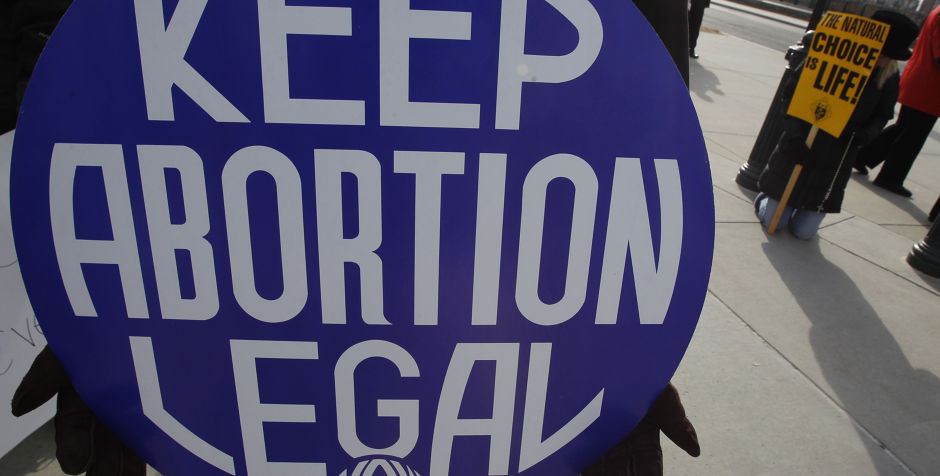Is the Abortion Industry about to Lose its Southern Stronghold?
As I’ve written about before, the supreme court of Tennessee has imposed on this pro-life state (I live in Columbia, Tenn.) an abortion-on-demand regime that exceeds the requirements of federal law and has turned the state into a virtual abortion supermarket. Or, to borrow the New York Times’ phrasing, Tennessee is the “abortion capital of the Bible Belt.” Up to 23 percent of all abortions in the state are inflicted on children and women from out of state, and — thanks to the Tennessee high court — the legislature is severely limited in its ability to pass even the most rational restrictions on abortion clinics, including restrictions passed through overwhelming legislative majorities in neighboring states.
The answer to this travesty is Tennessee’s Amendment 1, which would simply return abortion regulation to the Tennessee legislature, to a democratic process that reflects the values and interests of Tennessee voters.
Predictably, faced with the loss of their abortion stronghold, the abortion industry is pouring money into the state and even national pro-abortion commentators are lapsing into hysterical rhetoric. For example, here’s Slate’s Dahlia Lithwick,declaring that “Tennessee out-crazies all the other states.” And how is Tennessee so crazy? It’s “trying to amend its constitution to never protect abortion, ever, under any circumstance.”
But calling this “crazy” depends on the notion that it’s reasonable for courts to concoct — out of whole cloth (just as in the federal constitution, neither the right to an abortion or the so-called “right to privacy” are found in the actual text of Tennessee’s constitution) — a right to kill children. Indeed, even the Tennessee Supreme Court acknowledges that abortion was banned in the state (except to preserve the life of the mother) since shortly after the adoption of the most recent version of the state constitution. Which option is crazier, removing abortion from the democratic process entirely or allowing the people to have a vote?
Let’s be clear about what Amendment 1 actually does. It simply returns Tennessee to a legal posture where the “right” to an abortion is protected by Roe v. Wade and associated case law, not by strained misreadings of the Tennessee constitution. So long as Roe is good law, Tennessee’s legislature will have the same ability to regulate abortion as legislatures across the country. If Roe is ever overturned, then abortion regulation in Tennessee will return to the people of the state, acting through their elected representatives. If the abortion-on-demand industry wants to prevail in those circumstances, I’d suggest they get busy winning elections.
Unfortunately, as the abortion money floods into the state, a number of pastors have felt pressure to stay silent on the amendment, concerned that speaking out would court the attention of the IRS. To dispel any legal misunderstandings, I wrote a letter to Tennessee’s pastors reminding them of their rights to engage in issue advocacy and even to explicitly and unequivocally endorse the amendment.
The abortion lobby may have money, but the local pro-life movement has energy. Middle Tennessee is blanketed with “yes on 1″ signs, and area churches are finally shaking off their fears. While ballot measures are difficult to poll, it looks for now as if the abortion industry is on the brink of a serious setback. Their millions have so far bought them a seven point deficit in the polls, but with a large number of undecided voters the race is still too close to call. In other words, while there may not be a competitive statewide election (the Republican governor and senior Republican senator face no serious opposition), there is still reason for Tennessee conservatives to flock to the polls on Tuesday.
In fact, since we’re voting for life, I can think of no better reason to make time to say “yes” to Amendment 1.

